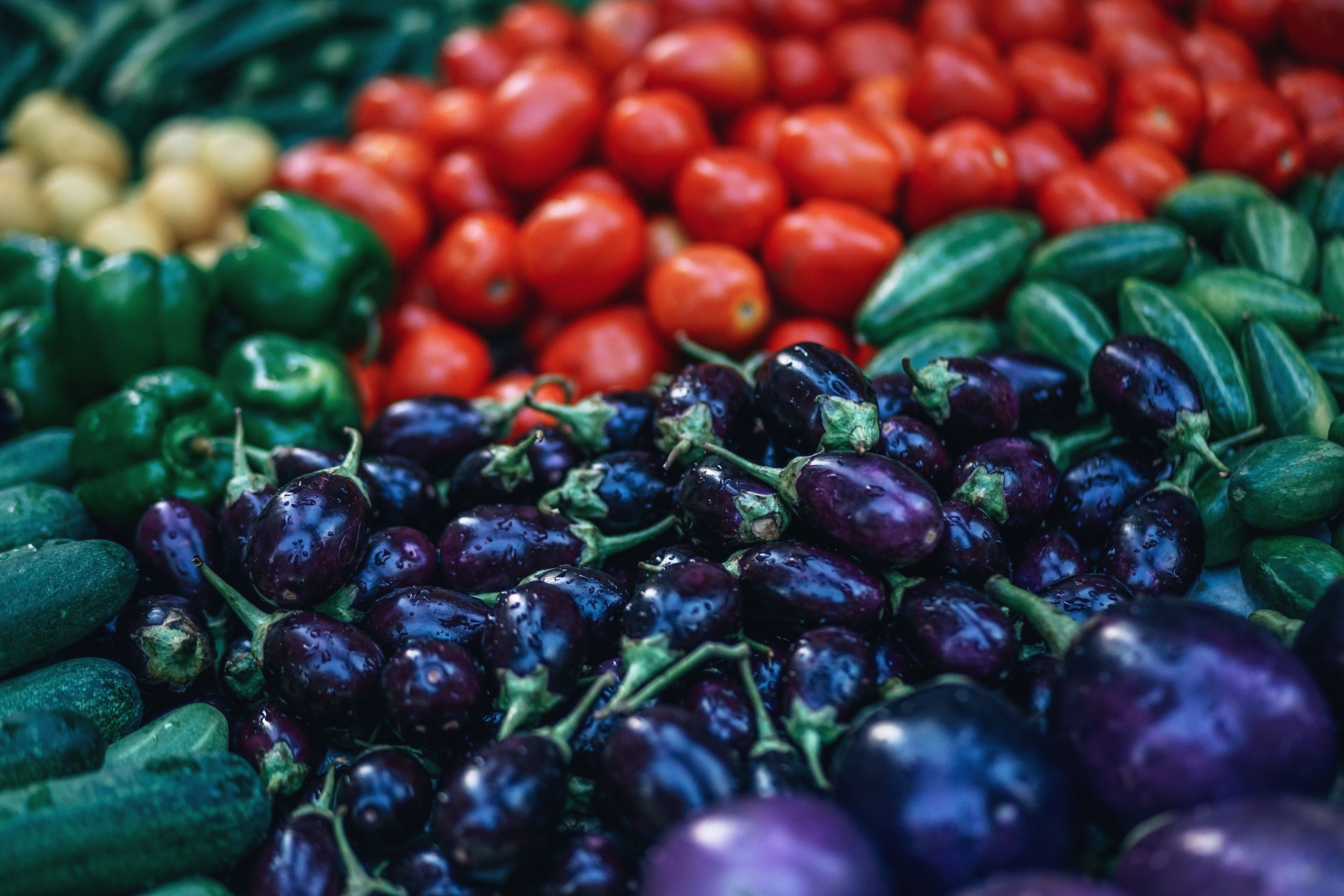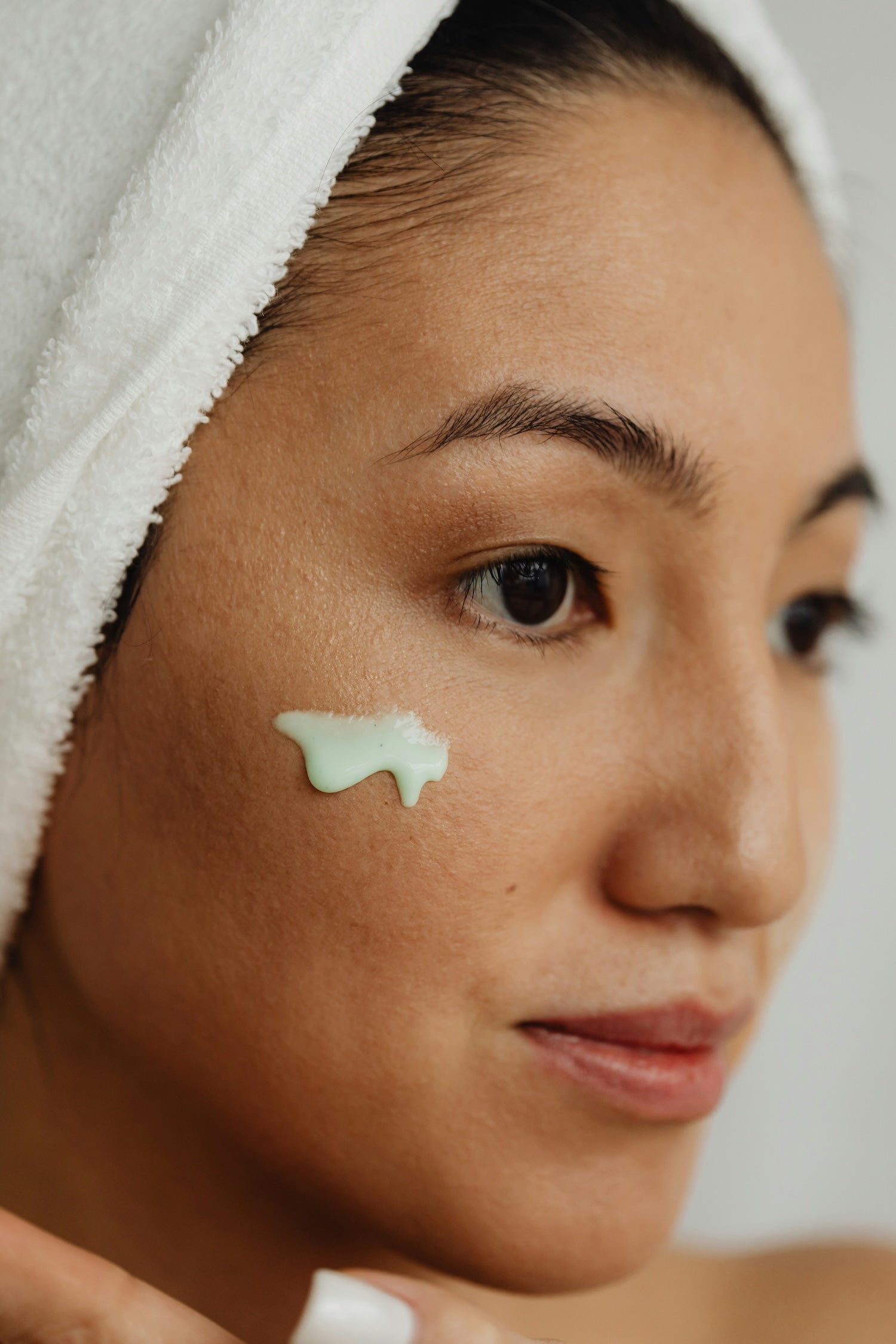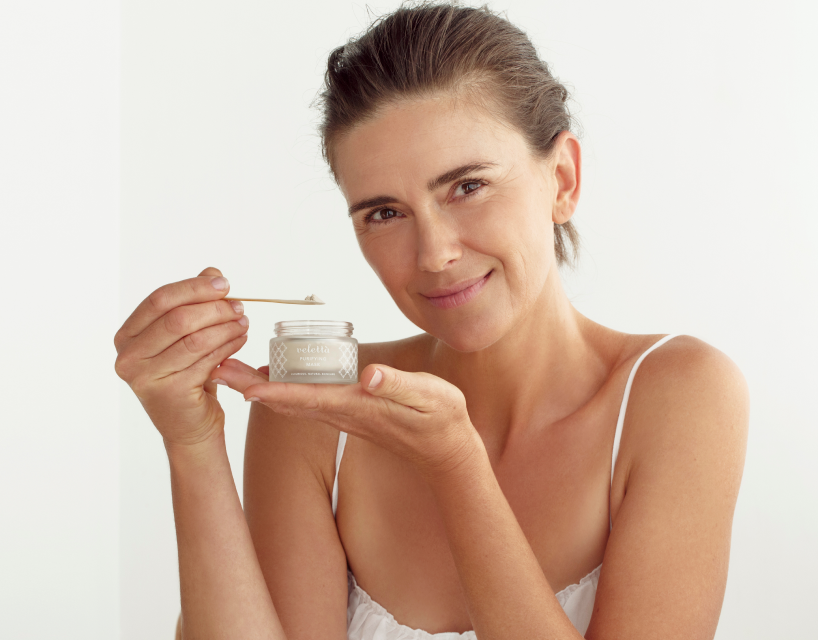Eating a wholesome, nutrient-rich diet is hugely important in the quest for radiant, youthful-looking skin; it’s not just your daily skincare that matters. So, what should we be eating? With so much information and misinformation about food in the media, with the rise of restrictive diets and eating movements coupled with the debunking of benefits of the traditional Food Pyramid, deciding what to eat has become overwhelming.
Simplicity is key
We at Velettà skincare think simplicity is key and are big believers in the moderate and common sense approach of Michael Pollan: “Eat food, not too much, mostly plants” and "never eat anything your great-grandmother wouldn't recognise as food.".
Put another way, unadulterated, 100% natural foods with a particular emphasis on plants is best. But not all foods, even if natural and unprocessed, are created equal. What is it that we should add to our diets for glowing skin?
Polyphenols
There are dozens of polyphenol-rich foods (most of which are plant-based) and they work to stymie free radicals which in turn helps prevent the development of visible signs of ageing. It is best to enrich the diet rather than taking a supplement in order to increase the amount of polyphenol in our bodies. Frankly, this is made easier given red wine and dark chocolate is polyphenol-rich. The richest sources, according to a 2010 study are various spices (cloves for instance) and dried herbs, cocoa products, some darkly coloured berries, some seeds (flaxseed) and nuts (chestnut, hazelnut) and some vegetables, including olive and globe artichoke heads.
Beta-carotene
The body converts beta-carotene into vitamin A (retinol) which is vital for healthy skin. It is also a powerful antioxidant meaning it inhibits the oxidation of other molecules, protecting the body from free radicals.
Beta-carotene is found in colourful fruit and vegetables like carrots, sweet potatoes, kale, spinach and pumpkin. Why not add a side of kale chips to tonight dinner as an anti-ageing treat?
Selenium
Selenium is tricky. Too much selenium is as detrimental to our bodies as too little. In the right quantities it can neutralise free radicals before damage is done to the skin and as it safeguards cell membranes it is argued that it slows the signs of ageing. New Zealand has very low levels of selenium in its soil so it is necessary to get it from another source. The safest and most effective way to improve your selenium level is to add a couple of brazil nuts to your daily diet.
Vitamin E
Vitamin E is an antioxidant and helps counter the effects of free radicals. It is fat-soluble and has with anti-inflammatory properties. There is also research to suggest that vitamin E rich foods help ward off sun damage which means younger skin. The best way to increase your intake of this valuable vitamin? Eat sunflower seeds, spinach, avocado, plant oils, oily fish and nuts. It’s also good to know that a number of the ingredients in Velettà’s facial Rejuvenating Oil, facial Cleansing Oil and facial Nourishing Moisturiser are high in vitamin E including argan Oil an avocado oil so you can add vitamin e to your body from the inside and out.
Omega -3
According to Dr Nicholas V. Perricone in his book The Wrinkle Cure, foods that are rich in omega-3 fatty acids help reduce the body's production of inflammatory compounds (these are the natural chemicals involved in the ageing process) which has a beneficial effect on the way skin looks and feels. He strongly promotes the addition of salmon to one’s diet not only because of the Omega-3 content but also because of DMAE, a substance in oily fish which amongst other things, supports muscle tone in both face and body. Omega-3 can be found in oily fish like herring, anchovies and mackerel and some other seafood like oysters and caviar. For those on a vegan diet, try flax seeds, chia seeds, soybeans and walnuts.
For more information about skin have a look at our recent blogs on the skin barrier function and the effect sugar has on our skin.




